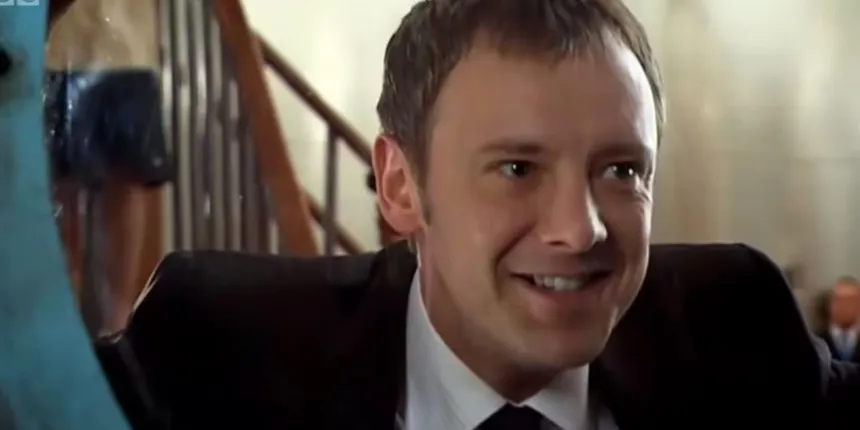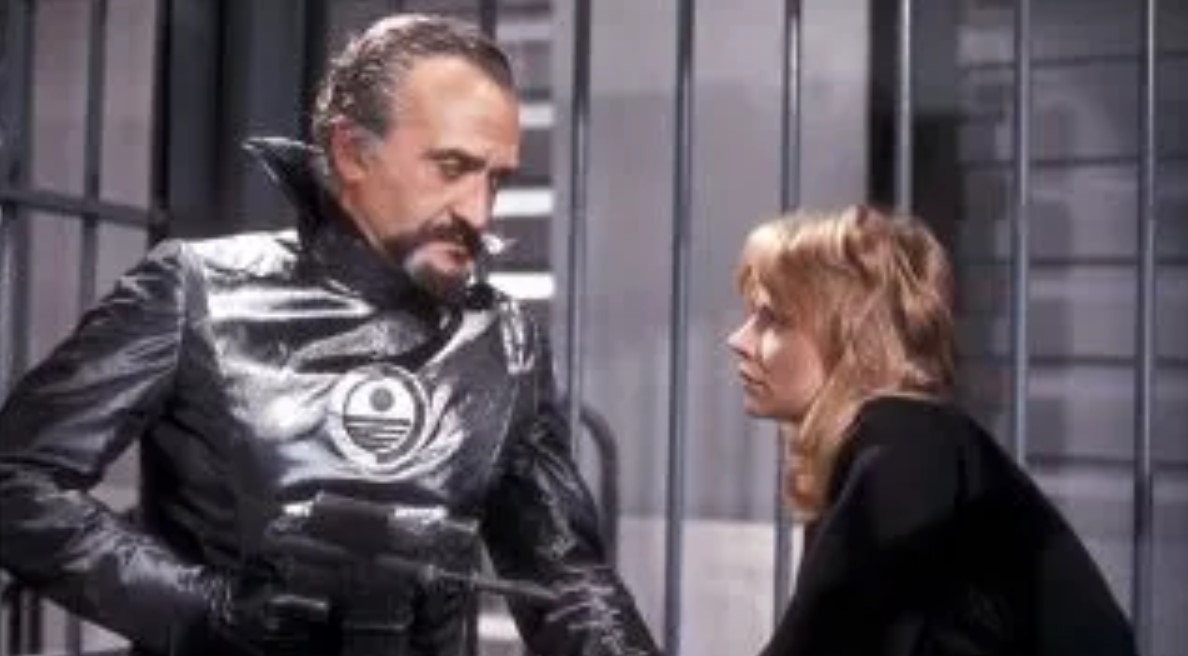While the Doctor Who universe is filled with an array of villainous characters, some foes stand out for their complex and nuanced motivations. Whether it’s the Cybermen’s quest for perfection or the mysterious Chula Nanogenes’ innocent mistake, these adversaries challenge our perceptions of what it means to be a “villain.”
From the brutal Cybermen to the eccentric and demented Master, Doctor Who has no shortage of evil characters that viewers love to hate. Amidst the array of foes, there are those that, through clever writing and expert acting performances, elicit sympathy from the audience. These villains remind us that not all extraterrestrial life forms make a good first impression or are understood immediately.
The Cybermen, for instance, are a classic example of a group that can be both terrifying and pitied. Their desire to achieve perfection can be an ambitious quest or a fool’s errand, as they unknowingly remove the very components that make humanity thrive. In poignant episodes like “Rise of the Cybermen” and “The Age of Steel,” we see the devastating consequences of their actions, yet the occasional victory for the lone Cyberman tugs at the heartstrings.
The Slitheen are another villainous group that initially seem to have no redeeming value. This family of aliens from Raxacoricofallapatorius, however, display a sense of loyalty and tradition that leads to introspection and a deeper understanding of their motivations. In the episode “Boom Town,” we discover that even the most unsavory characters can undergo a personal struggle that leaves us rooting for them.

Doctor Who villains (Photo: Doctor Who)
The Sontarans, with their military-like biology and prideful nature, are another example of a foe that can evoke sympathy. Although they are formidable warriors, their sensitive egos often lead them to make rash decisions that ultimately result in defeat. The Doctor’s manipulation of their pride proves to be a clever strategy, while the redemption of a singular Sontaran named Strax adds depth to their character.
The Time Lords, although flawed and imperfect, are another group that challenge our perceptions of morality. As caretakers of all space and time, they possess a nonlinear view of time, which can lead to mistakes. The Doctor, in turn, must navigate their complex motivations and debate the morality of their actions.
These complex villains remind us that even the most unsavory characters can be multidimensional and relatable. They encourage us to question our moral assumptions and to consider the gray areas in between heroism and villainy. As we continue to explore the universe and its many enemies, we can’t help but wonder: which villains will we find most compelling, and how will they challenge our perceptions of good and evil?
























